Naturalisation vote raises emotions
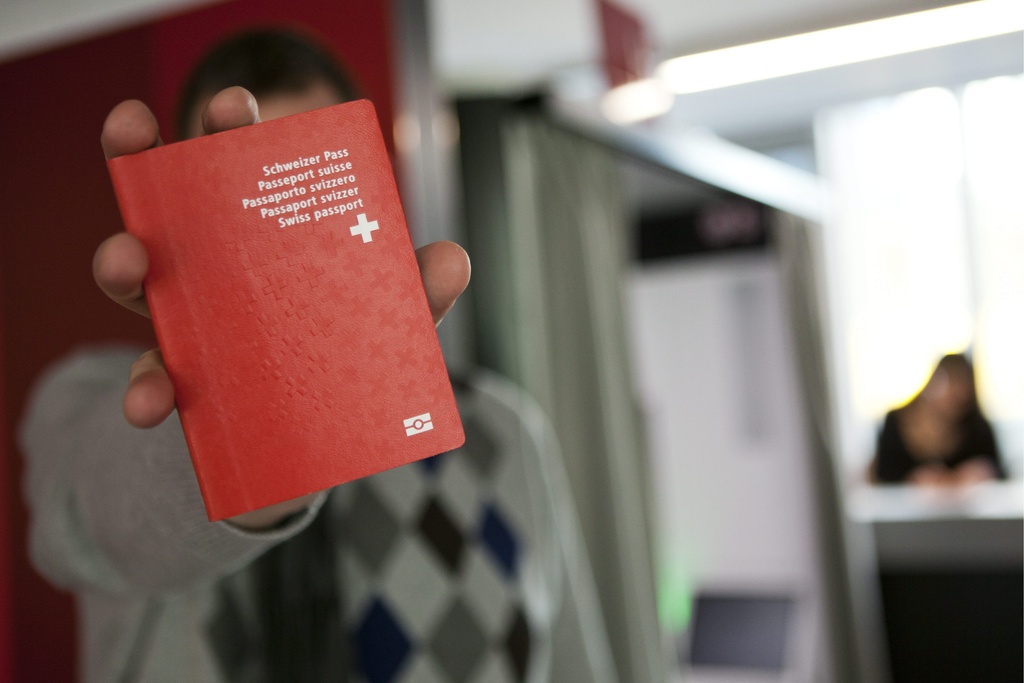
Life for aspiring Swiss in Zurich could get harder on March 11, when voters decide on whether to accept a new – and tightened – naturalisation law.
A Swiss passport is already one of the toughest to obtain in industrialised countries, but if the rightwing Swiss People’s Party has its way, it will become even tougher.
“People with a criminal background shouldn’t be able to be naturalised – you should only gain Swiss citizenship if you have a spotless record,” Hans Heinrich Raths, a People’s Party member of the Zurich cantonal parliament, told swissinfo.ch.
“We also want no guaranteed right to naturalisation.” In other words, he isn’t happy that citizenship will be automatically granted if an applicant fulfils all the criteria.
This got short shrift from the canton’s director of justice Martin Graf. If someone passes their driving test, he said, “you can’t withhold their licence just because the examiner doesn’t like the person’s nose”.
The original aim of a motion put forward by the centre-left Social Democratic Party was to harmonise naturalisation rules across the canton – which everyone agreed was a good idea. However, during the consultation process the centre-right parties significantly tightened the law in several areas (see box for how the new law would differ).
This went too far for the cantonal parliament, which, along with the parties on the left, rejects the new law and a counterproposal by the People’s Party which goes even further. Both will be put to Zurich voters on March 11.
Secondo’s opinion
Second@s Plus Zurich, part of a national group that fights for citizenship and equal opportunities for second-generation Swiss (secondos) in particular, rejects both motions.
“Young migrants who were either born in Switzerland or who have spent the majority of their life here will face unnecessary obstacles [to gaining citizenship],” Lucia Tozzi, president of Second@s Plus Zurich and a local politician for the Social Democrats, told swissinfo.ch.
There are currently 500,000 people born to immigrant parents in Switzerland; about a third have become Swiss nationals. The remaining 350,000 skew the oft-repeated statistic that a fifth of the population – and a quarter of the workforce – is foreign.
On February 23, the Council of Europe’s human rights chief called for an overhaul of Swiss anti-discrimination law and policy.
Thomas Hammarberg called on the authorities to pay mind to the naturalisation of immigrants, saying the process was of “crucial importance for their full integration” and arbitrariness in such decisions should be avoided.
Children of migrant parents reportedly have five times less chance of being interviewed for a job than Swiss, even with an equivalent CV.
Have a voice
Tozzi, in her early thirties, and her two brothers were all born in Switzerland to Italian immigrants. But being born in Switzerland, unlike for example in the United States, doesn’t automatically result in a Swiss passport, “so you’re excluded – you can’t vote”.
“I was about 16 and interested in politics and I really wanted to take part – so I decided to apply for citizenship,” Tozzi said, adding that her brothers still didn’t have – or want – a Swiss passport.
Reasons often given for not becoming Swiss – despite being eligible – range from avoiding military service to simply not wanting to go through the paperwork, cost and any tests involved in applying.
“Because I was born in Winterthur and I’d never moved from Winterthur I could go through the facilitated naturalisation [see link]. It took about 18 months but it was just a legal formality – I never had to talk to anyone or take any tests.”
She is well aware, however, that had the proposed law been in place 15 years ago, her experience would have been very different.
“I wouldn’t have been able to do what I did. [Secondos] would also have to do tests – which is ridiculous because we all went to school here. I’d have to go through the normal process – I’d have no advantage, even though I was born here and this is my home.”
Citizens of the world
What would be the situation if Tozzi had been born elsewhere?
Jus soli – a right by which nationality or citizenship is granted to any individual born in a certain territory – is observed by a minority of the world’s countries. Of advanced economies, Canada and the United States are the only countries that observe birthright citizenship.
The United States Supreme Court has never explicitly ruled on whether children born in the US to illegal immigrant parents are entitled to birthright citizenship, although it has generally been assumed that they are.
In Britain, a child is entitled to be registered as a British citizen if one of his or her parents has become settled in Britain or becomes a British citizen. For other cases, for example children born in Britain to non-British citizens, it’s at the authorities’ discretion.
Turning to two of Switzerland’s neighbours, a child acquires German citizenship at birth if one of his or her parents is a German citizen. If only the father is a German citizen and is not married to the child’s mother, legal proof for recognition of paternity is required prior to the child’s 23rd birthday.
Children born in France (including overseas territories) to at least one parent who was also born in France automatically acquire French citizenship at birth.
Simply being born in France does not confer French nationality except in the case of a child born to unknown or stateless parents. Children born in France of foreign parents remain foreign until obtaining legal majority.
If the new naturalisation law is accepted: In future people without a C Permit (a permanent residence permit which one can obtain after five years with a B permit, an annual residence permit (five years if you’re an EU/EFTA citizen, ten years if not)) would not be eligible for naturalisation, no matter how many years they’d lived in Switzerland. At present, a provisionally admitted foreigner (F Permit) could in theory be naturalised.
Applicants must also have lived in the same commune for three years.
Age would no longer make a difference to applications – at present applicants who are under 25 and have spent at least five years in a Swiss school will only be looked into in cases of doubt.
Also, unemployment benefit claimants will no longer be eligible for naturalisation.
Every year, around 40,000 people become Swiss, three-quarters of whom come from Europe (see link). Yet only three out of 100 foreigners living in Switzerland have been granted Swiss citizenship – a small percentage compared with other countries.
People who have been resident in Switzerland for 12 years may apply for naturalisation.
The Federal Migration Office examines whether applicants are integrated in the Swiss way of life, are familiar with Swiss customs and traditions, comply with the Swiss rule of law and do not endanger Switzerland’s internal or external security.
This examination is based on cantonal and communal reports. Then naturalisation proceeds in three stages.
Swiss citizenship is only acquired by those applicants who, after obtaining the federal naturalisation permit, have also been naturalised by their communes and cantons.

In compliance with the JTI standards
More: SWI swissinfo.ch certified by the Journalism Trust Initiative





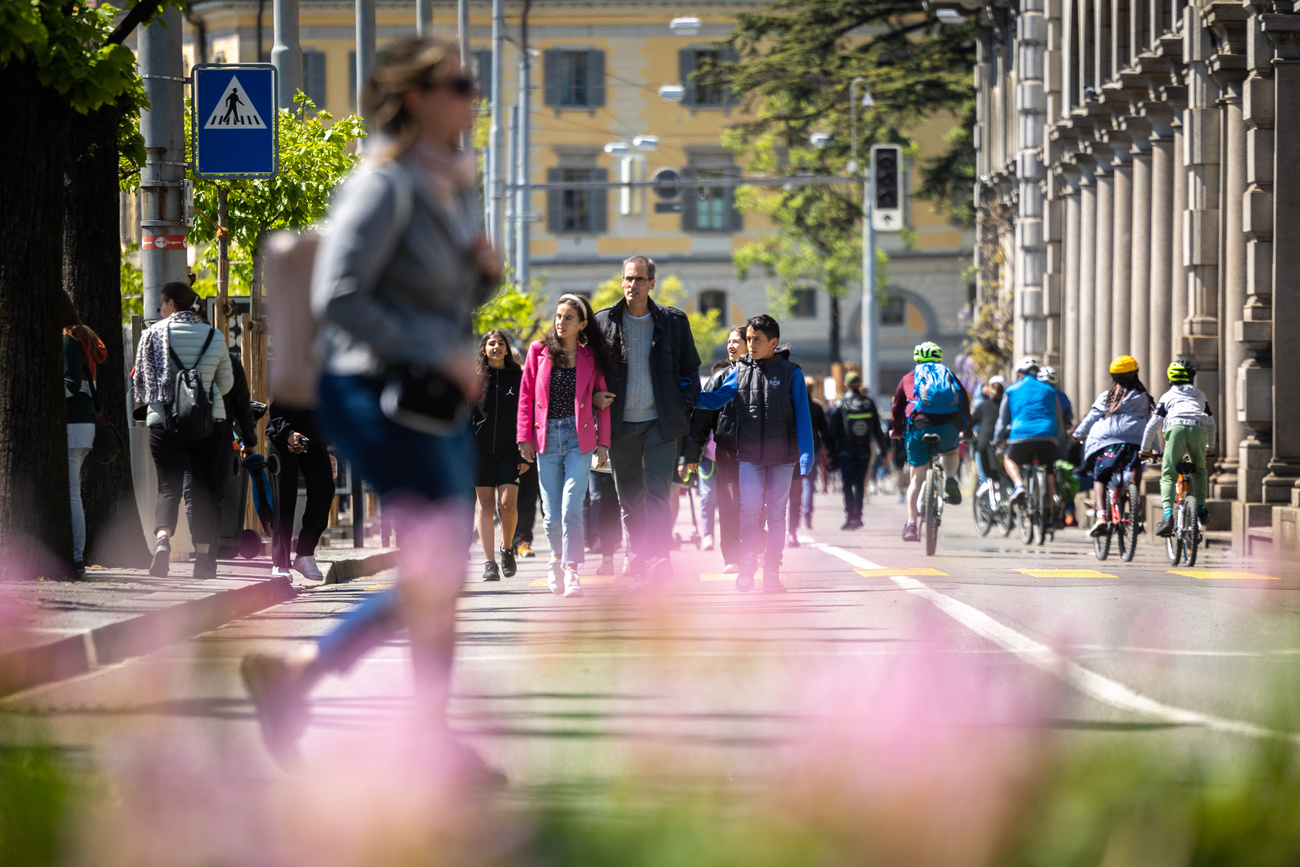


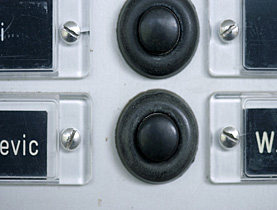
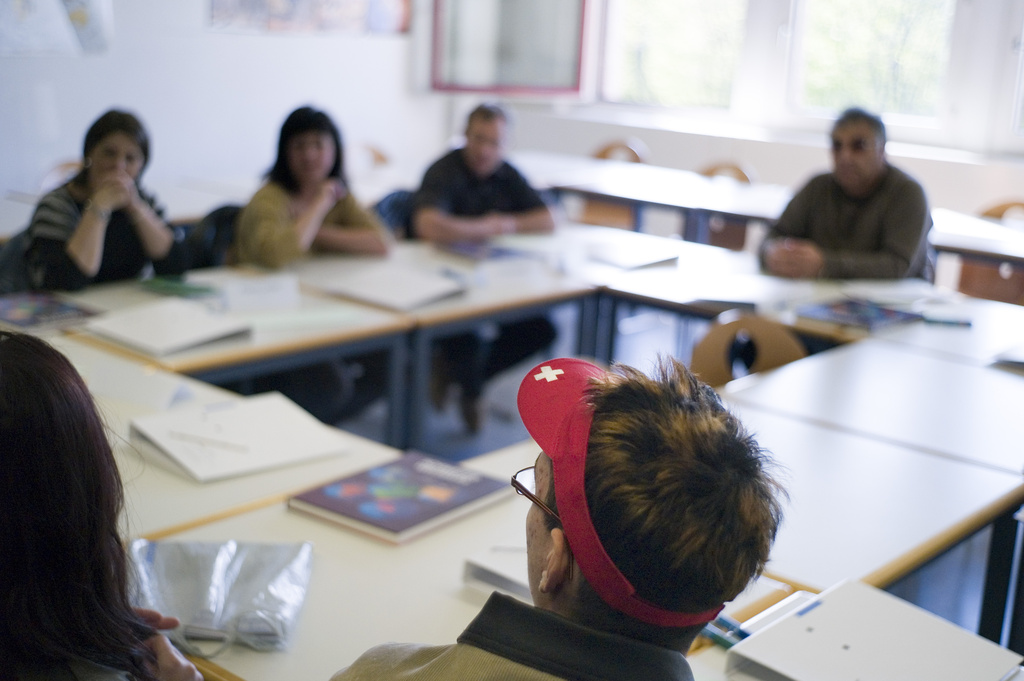
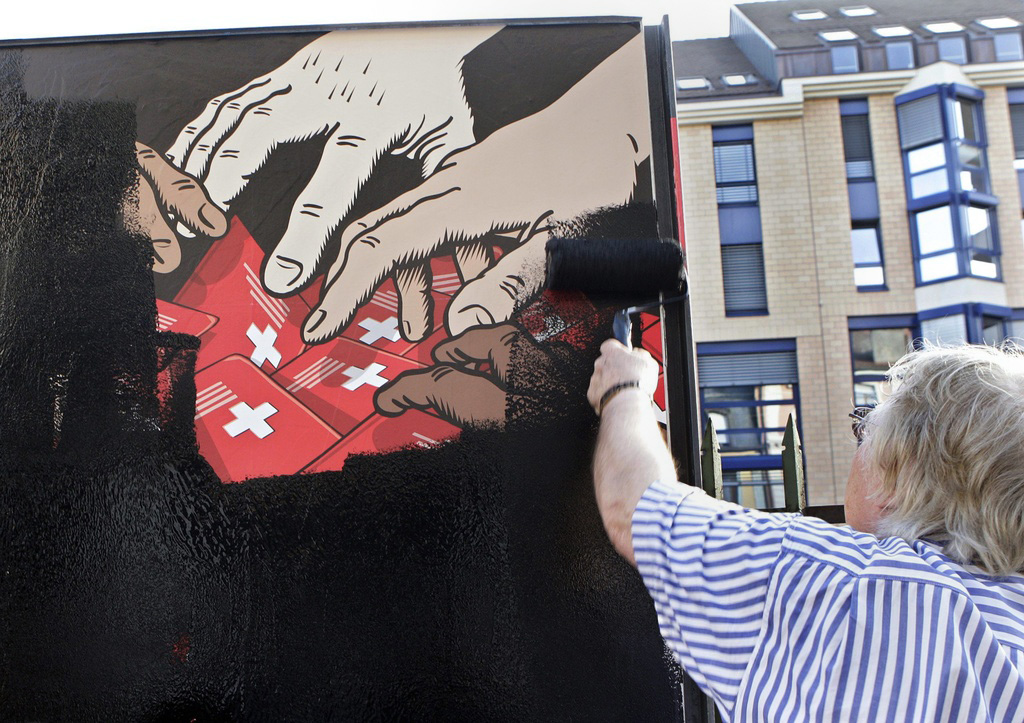
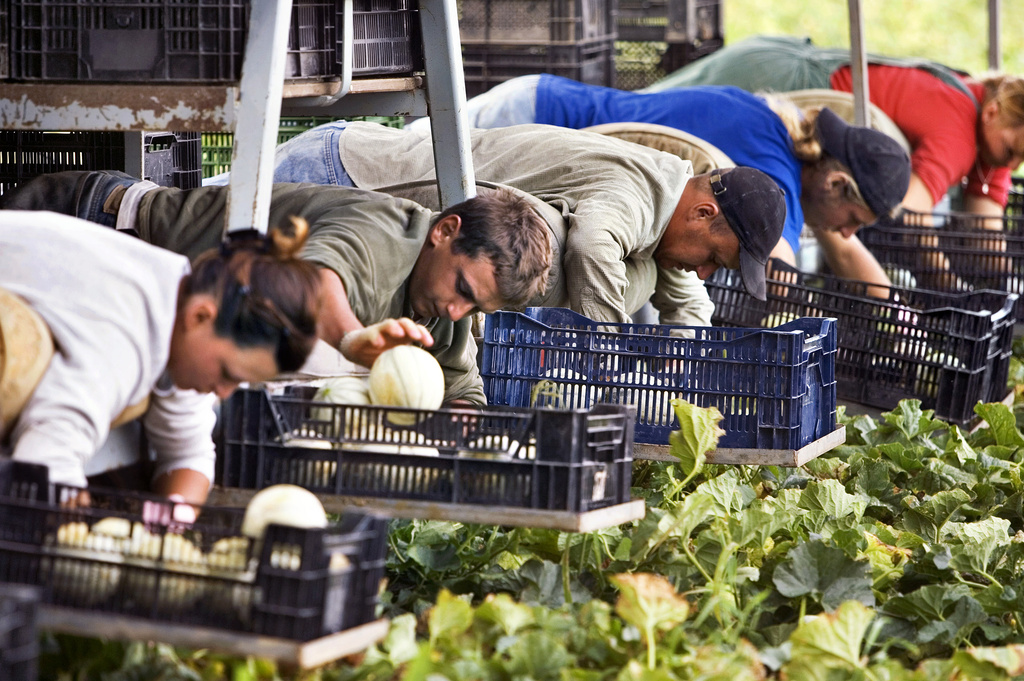

You can find an overview of ongoing debates with our journalists here . Please join us!
If you want to start a conversation about a topic raised in this article or want to report factual errors, email us at english@swissinfo.ch.